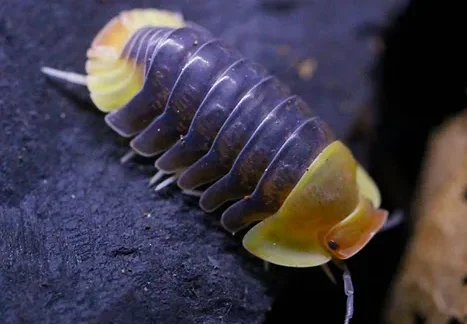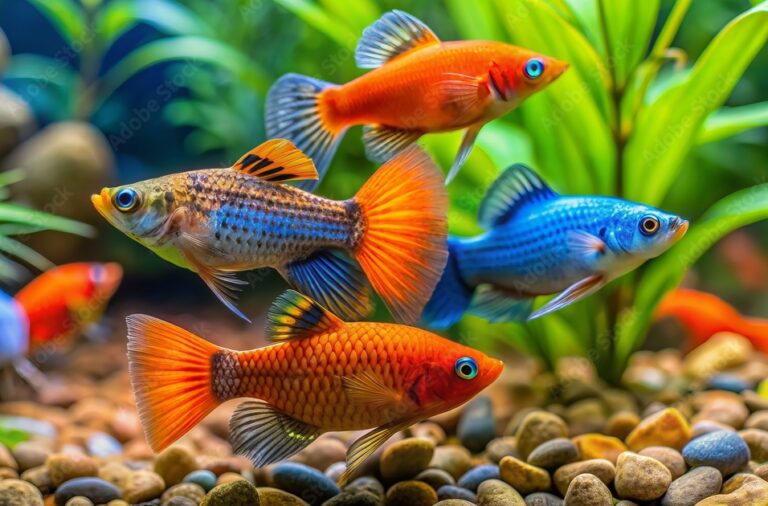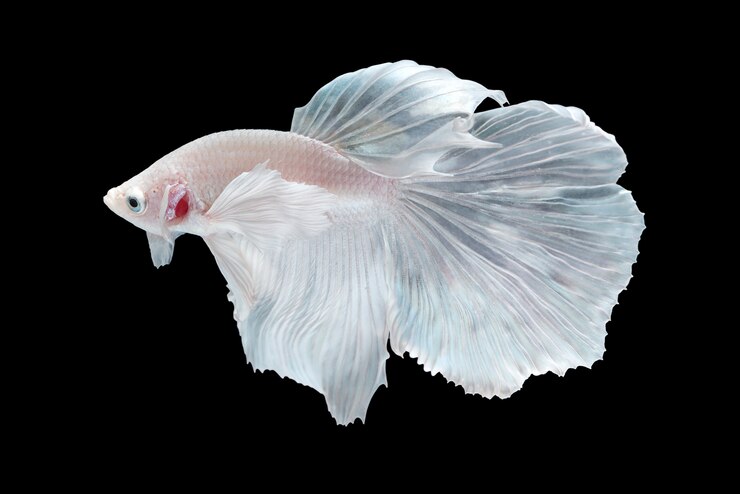Factors Affecting the Longevity of Horses: How Long Do Horses Live
Step into the world of majestic creatures with a beauty that transcends time – horses. These noble animals have long captured our hearts with their grace, strength, and loyalty. Have you ever wondered about the lifespan of these magnificent beings or what factors play a role in determining how long they live? Join us as we delve into the fascinating topic of How Long Do Horses Live and discover the secrets behind their enduring spirits.
Lifespan of Horses
Horses, like humans, vary in their lifespan depending on a multitude of factors. On average, horses live between 25 to 30 years, although some may surpass this and reach their early 40s. The longevity of a horse is influenced by genetics, environment, diet, healthcare, and overall well-being.
Proper care and attention are crucial in ensuring that horses lead long and healthy lives. Regular veterinary check-ups, balanced nutrition tailored to their individual needs, ample exercise, companionship from other horses or animals all contribute to their well-being.
As caretakers of these magnificent creatures, it is our responsibility to provide them with the best possible care throughout every stage of their life. By understanding the factors that influence a horse’s lifespan and taking proactive measures to address them accordingly can help ensure they thrive for many years to come.
Factors That Influence a Horse’s Lifespan
When it comes to the lifespan of horses, there are various factors that can influence how long they live. One significant factor is genetics – some breeds naturally live longer than others due to their genetic makeup.
Nutrition also plays a crucial role in determining a horse’s longevity. A balanced diet rich in essential nutrients is key to keeping them healthy and thriving. Regular veterinary care and proper dental maintenance are essential for ensuring overall well-being and extending their lifespan.
The level of physical activity and exercise a horse receives can impact its longevity as well. Regular exercise not only keeps them fit but also helps prevent health issues associated with obesity or inactivity.
Environmental factors such as living conditions, climate, and exposure to toxins can also influence how long a horse lives. Providing a safe, clean environment free from hazards is vital for their health and longevity.
By providing proper care, nutrition, exercise, and environmental considerations, you can help increase the lifespan of your beloved equine companion.
Stages of Maturity in Horses
As horses age, they go through different stages of maturity that can vary depending on the individual. When a horse is young, it goes through its formative years where growth and development are rapid. This stage is crucial for laying down the foundation for their future health and well-being.
During the prime years of a horse’s life, typically between 5 to 15 years old, they are at their peak physical condition and performance ability. They have fully developed physically and mentally, making them ideal for riding or working.
As horses reach their senior years, usually around 15 years old and above, you may start to notice signs of aging such as gray hairs around the eyes or muzzle. They may also slow down in terms of energy levels and require more care in terms of diet and exercise to maintain their health.
Understanding the different stages of maturity in horses can help owners provide appropriate care tailored to their specific needs at each phase of life.
Oldest Horses Ever Recorded
When it comes to longevity, some horses defy the odds and live well beyond the average lifespan. These exceptional equines have captured the hearts of many with their incredible resilience and spirit.
One such remarkable horse was Old Billy, believed to be the oldest horse on record, living up to an astounding 62 years in England during the 19th century. His longevity became legendary in local folklore and continues to inspire awe today.
Another notable mention is Sugar Puff, a Welsh pony who lived to be 56 years old in Wales. Her story serves as a testament to proper care and attention that can significantly impact a horse’s lifespan.
These extraordinary cases remind us of the special bond between humans and horses, transcending time and leaving a lasting impression on all who hear about their remarkable lives.
Lifespans Of Popular Horse Breeds
Have you ever wondered about the typical lifespan of different horse breeds? Well, it’s fascinating to note that the longevity of horses can vary depending on their breed. Popular horse breeds such as Arabians, Thoroughbreds, and Quarter Horses are known for their relatively long lifespans compared to other breeds.
Arabian horses, known for their endurance and beauty, often live into their late 20s or even 30s. Thoroughbreds, famous for their speed and agility on the racetrack, typically have a lifespan ranging from mid to late 20s. On the other hand, Quarter Horses, versatile in various disciplines like racing and ranch work, can live well into their 30s.
Each breed has its unique characteristics and traits that contribute to its longevity. Proper care, nutrition, exercise routine all play a significant role in ensuring these majestic animals live a long and healthy life.
What Signs Can Indicate Aging In Horses?
As our beloved equine companions age, there are several signs that can indicate the passing of time. One common sign is the graying of their coat, which usually starts around the eyes and muzzle. Another indication is a decrease in energy levels and stamina during activities they once excelled in.
Changes in weight and muscle tone are also noticeable as horses age, requiring adjustments to their diet and exercise routine. Dental issues may arise, leading to difficulty chewing or dropping feed while eating.
Arthritic symptoms such as stiffness or lameness could become more pronounced with age, affecting their mobility and comfort. Additionally, senior horses may develop a sway back or lose muscle mass along their topline.
Keeping a close eye on your horse’s health and behavior can help detect these signs early on, allowing for proper care and management as they gracefully grow older.
How Do You Keep Your Horse Happy And Healthy As They Age?
As horses age, it is crucial to prioritize their well-being to ensure they lead a happy and healthy life. Providing proper nutrition tailored to their changing needs is essential. Regular veterinary check-ups can help catch any health issues early on.
Maintaining a consistent exercise routine that aligns with your horse’s capabilities can help keep them in good physical shape. Mental stimulation is also important – consider introducing new activities or toys to keep their minds engaged.
Monitoring your horse’s weight and body condition regularly is key in preventing obesity or malnutrition. Proper dental care, including regular teeth floating, is vital for their overall health and comfort.
Ensuring your aging horse has access to clean water and shelter from the elements will contribute to their well-being. Showing them love and attention as they grow older can greatly impact their happiness and quality of life.
What Age Do Horses Stop Growing?
Horses typically reach their full height by the age of four, but their skeletal growth continues until around the age of six. During this time, they may still fill out and develop muscle mass. It’s essential to provide young horses with a balanced diet rich in nutrients to support healthy growth.
Genetics play a significant role in determining when a horse stops growing. Larger breeds tend to mature slower and continue growing for longer compared to smaller breeds. Factors like nutrition, exercise, and overall health also influence the rate at which a horse reaches its full size.
It’s crucial for horse owners to monitor their animal’s growth progress closely during these formative years. Regular veterinary check-ups can help ensure that the horse is developing properly without any underlying health issues affecting its growth potential.
When Should You Stop Riding Or Working Your Horse?
Knowing when to stop riding or working your horse is crucial for their well-being and longevity. How Long Do Horses Live, their bodies may not be as resilient as they once were. It’s essential to pay close attention to any signs of discomfort or fatigue during rides.
It’s recommended to adjust the intensity and duration of your horse’s exercise routine as they get older. Listen to your horse – if they seem hesitant, stiff, or reluctant during activities, it may be time to scale back.
Regular veterinary check-ups can also help determine if your horse is fit for work. Your vet can assess any age-related issues that may impact their ability to perform.
Every horse is unique in how they age and respond to physical activity. By being attentive and responsive to your horse’s needs, you can ensure a comfortable retirement from riding or work when the time comes.
Conclusion
The lifespan of a horse is influenced by various factors such as genetics, environment, diet, and healthcare. Understanding the stages of maturity in horses and being aware of signs indicating aging can help you provide the best care for your equine companion as they grow older. By keeping your horse happy and healthy through proper nutrition, exercise, regular veterinary check-ups, and attention to their well-being, you can ensure that they live a long and fulfilling life. Remember to always consider your horse’s individual needs and adjust their care routine accordingly as they age. With love and dedication, you can enjoy many years with your beloved horse by your side.







